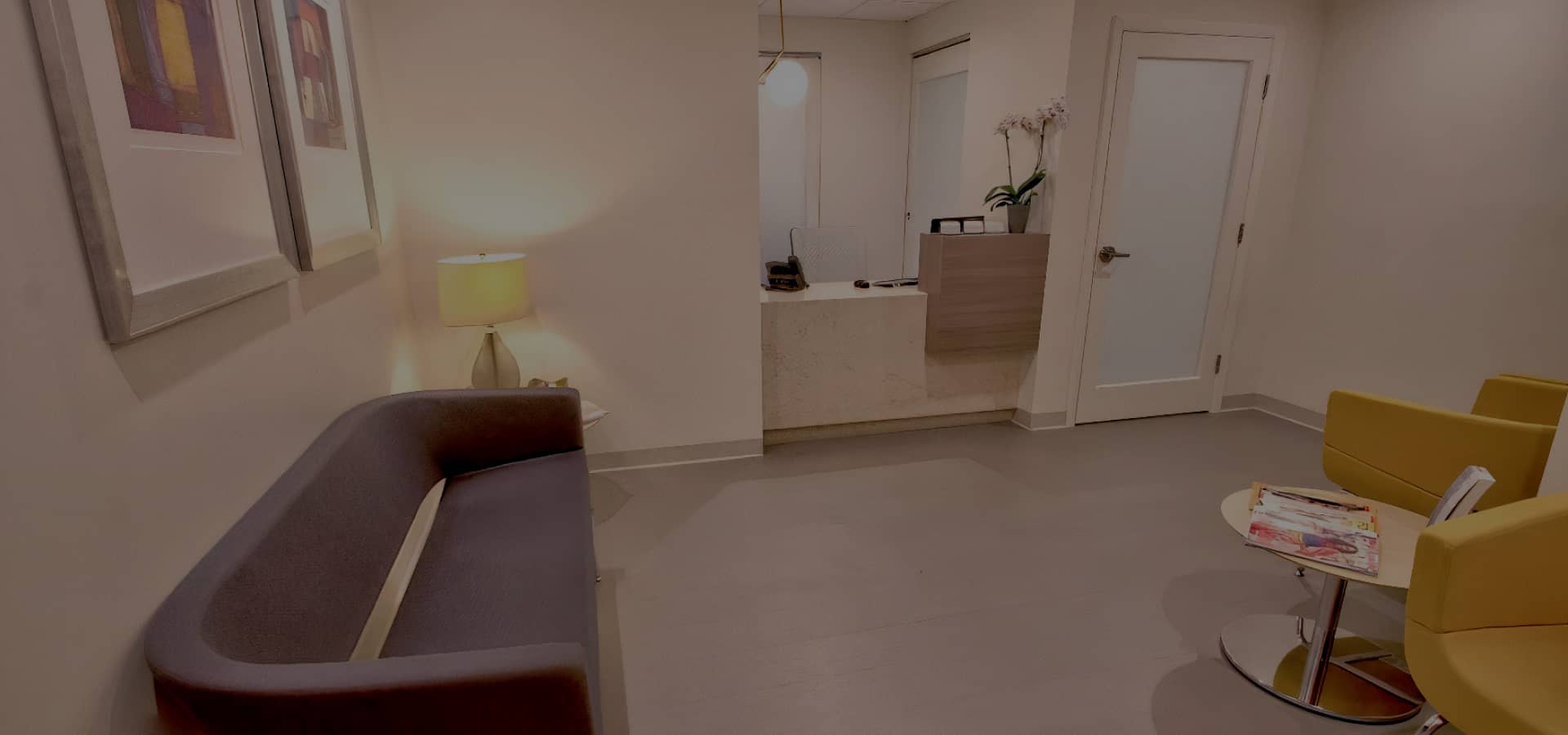Otoplasty, commonly known as ear surgery, can significantly boost a child’s self-esteem if they are concerned about the appearance of their ears. The ideal time for the surgery takes into account several important aspects, such as the child’s age and their emotional maturity.
Dr. Anthony Bared, a surgeon with a focus on ear surgeries, offers essential advice for parents navigating this decision. His advice prioritizes the child’s overall health and happiness to make certain that the procedure is done at an opportune moment for the best possible outcome.
Planning Your Child’s Ear Surgery
- The best time for a child’s otoplasty is often between the ages of 4 and 14 when the ears have nearly reached adult size.
- Undergoing otoplasty before starting school can help avoid teasing and improve a child’s self-esteem.
- Winter and spring breaks allow ample recovery time for otoplasty without missing a significant amount of school.
- Choosing an experienced pediatric plastic surgeon for your child’s otoplasty ensures a safer procedure and better results.
- Otoplasty recovery in children is relatively fast, with most resuming normal activities within a week.
Determining the Ideal Age for Your Child’s Otoplasty
Understanding Ear Development
To prepare for otoplasty surgery, it’s important to recognize that the ear cartilage matures around five to six years old. At this stage, ears are mostly developed and can handle the procedure. Ear surgery for a child is ideally done when the ear structures can be shaped effectively.
Emotional and Psychological Readiness
Pediatric plastic surgery also involves considering a child’s emotional state and psychological readiness. A child may become aware and uncomfortable about their ear appearance. Undergoing cosmetic surgery earlier might prevent this distress. Pediatric plastic surgeons take into account a child’s ability to handle the surgery and the healing that follows, to determine the most suitable age for ear surgery.
In this process, both physical readiness and emotional considerations such as how the child handles medical procedures and their ability to cooperate during recovery are crucial. Facial Plastic Surgery like otoplasty should align with a child’s growth and emotional maturity for the best results.
Evaluating Factors That Influence the Timing of Your Child’s Otoplasty
Physical Readiness and Ear Maturation
When considering otoplasty, it is crucial to consider the physical readiness and ear maturation of the child. Doctors generally advise that the child’s ears should be fully developed, which usually occurs by age 5 or 6, before undergoing this type of plastic surgery or cosmetic surgery. This ensures the effects are long-term and consistent with Facial Plastic Surgery standards.
Planning Around School Schedules and Social Considerations
To minimize the child’s time away from school, coordinating the procedure with the school schedules is wise. This careful planning considers the social implications of surgery and helps the child return to school with minimal disruption.
Optimal Seasonal Timing
Selecting the right time of year is also strategic. Scheduling surgery during holidays can be sensible, offering a recovery period that allows the child to heal without missing out on education. Typically, by a few weeks after surgery, children can resume most normal activities, just in time for the new school term. This timing minimizes the social implications and helps the child re-enter school confidently.
- Physical Readiness: The child should be around 5 or 6 years old for ear maturation.
- School Schedules: Plan the surgery to align with the school calendar to reduce missed days.
- Social Implications: Consider the social impact and plan for a return to school that is comfortable for the child.
- Holidays and Recovery Period: The holidays offer a convenient recovery period, allowing the child to heal before returning to school.

Discover the Ideal Timing for Your Child’s Otoplasty
Schedule Your Consultation with Dr. Bared in Miami for Expert Post-Surgical Care and Advice.
Preparing for Your Child’s Otoplasty: What to Expect and Discuss
Discussing Otoplasty with Your Child
It’s essential to discuss the otoplasty procedure with your child in age-appropriate language, emphasizing the benefits and addressing any concerns they may have.
Key Steps in the Otoplasty Process
- Before surgery, your child will consult a facial plastic surgeon to assess their ears and learn about the type of surgery.
- During surgery, anesthesia ensures your child feels no discomfort while sutures are used to adjust the ears’ shape.
- After surgery, managing your child’s mild discomfort is possible with prescribed medication. Aftercare adherence is crucial for healing. While light activities are allowed the day after surgery, full recovery takes more time.
Adhering to these stages guarantees a safe and effective outpatient procedure, allowing your child to return home on the same day.
Considering the Impacts of Postponing Your Child’s Otoplasty
Putting off your child’s otoplasty surgery can lead to several issues. Continuing to delay this surgical procedure might extend emotional discomfort if the child is sensitive about their ears. For children aware of their appearance, timing is crucial since previous surgeries likely did not have visible effects. A cosmetic surgeon could point out that early otoplasty surgery often provides optimal benefits, both physically and psychologically. Delaying beyond the ideal age could reduce the effectiveness of cosmetic surgery.
Ensuring Proper Follow-up Care After Your Child’s Otoplasty
Immediate Aftercare
Immediate aftercare following a child’s otoplasty is crucial. It’s important to watch for signs of infection or discomfort in the days after surgery. An aesthetic plastic surgeon will provide guidance on common techniques to relieve pain and protect the surgery site, emphasizing careful handling to protect the delicate surgical technique employed.
Long-term Care and Evaluations
For long-term care, schedule regular visits with the surgeon to monitor your child’s recovery and the lasting impact of the otoplasty. These assessments are important as your child grows to confirm the pediatric otoplasty outcomes remain aligned with both appearance and function.
Choosing the Right Surgeon for Your Child’s Otoplasty
Seek a surgeon with the proper credentials and experience in pediatric procedures, specifically otoplasty. Confirm the surgeon is a board-certified plastic surgeon with significant hours of surgery in this area, ensuring their proficiency in proper suture placement and the application of permanent sutures.
Your comfort and your child’s comfort with the surgeon are key. A surgeon’s ability to clearly communicate and ease your child is a sign of an ideal surgeon. Look for one who uses precise techniques, such as setback sutures, essential for the correct positioning of ears.

Trust Miami’s expert in rhinoplasty, hair restoration, and non-surgical enhancements.
Support for Your Child’s Otoplasty
Offering emotional support and understanding to your child is essential during their otoplasty. Explain that the surgery will help meet their cosmetic goals and improve ear conditions, minimizing feelings of self-awareness. Assure them that while pain is a part of the process, it is temporary and can be managed with pain medications.
To help with the recovery process, provide practical support by preparing a comfortable resting area and explaining the post-procedure steps. Properly administering pain medications and attending follow-up appointments are key to comfort and healing after cartilage cutting and reshaping of the conchal cartilage.
- Explain the benefits of the surgery related to cosmetic goals and ear conditions
- Reassure your child about the temporary nature of pain
- Prepare a restful space for recovery
- Administer pain medications as directed
- Keep regular post-operative appointments for the best outcome
If you’re considering otoplasty for your child, it’s important to speak with a qualified specialist who can guide you through the process and address any concerns. Dr. Anthony Bared’s expertise in facial plastic surgery, particularly in delicate procedures for children, ensures that your child’s care is in competent hands. His extensive background in otolaryngology and facial plastic surgery makes him an ideal choice for your child’s needs.
To ensure the best outcome for your child’s procedure, we recommend scheduling a consultation with Dr. Bared. By choosing a surgeon with a proven track record and a commitment to personalized care, you can trust that you’re making a well-informed decision. Dr. Bared’s professional experience, recognized by his double board certification and academic contributions, provides a solid foundation for his practice in Miami.


